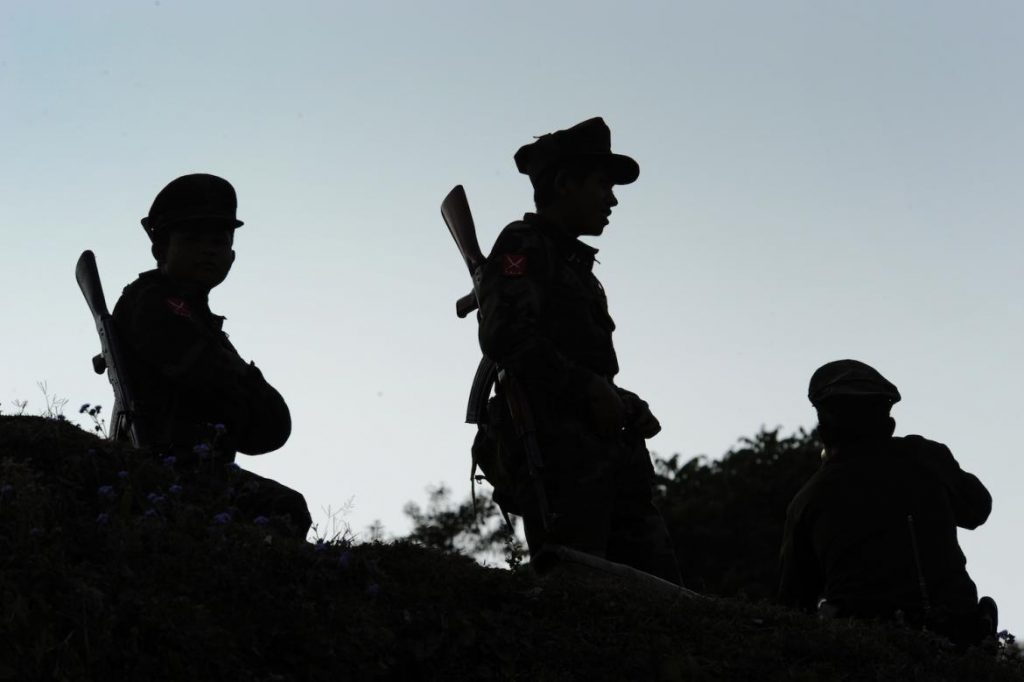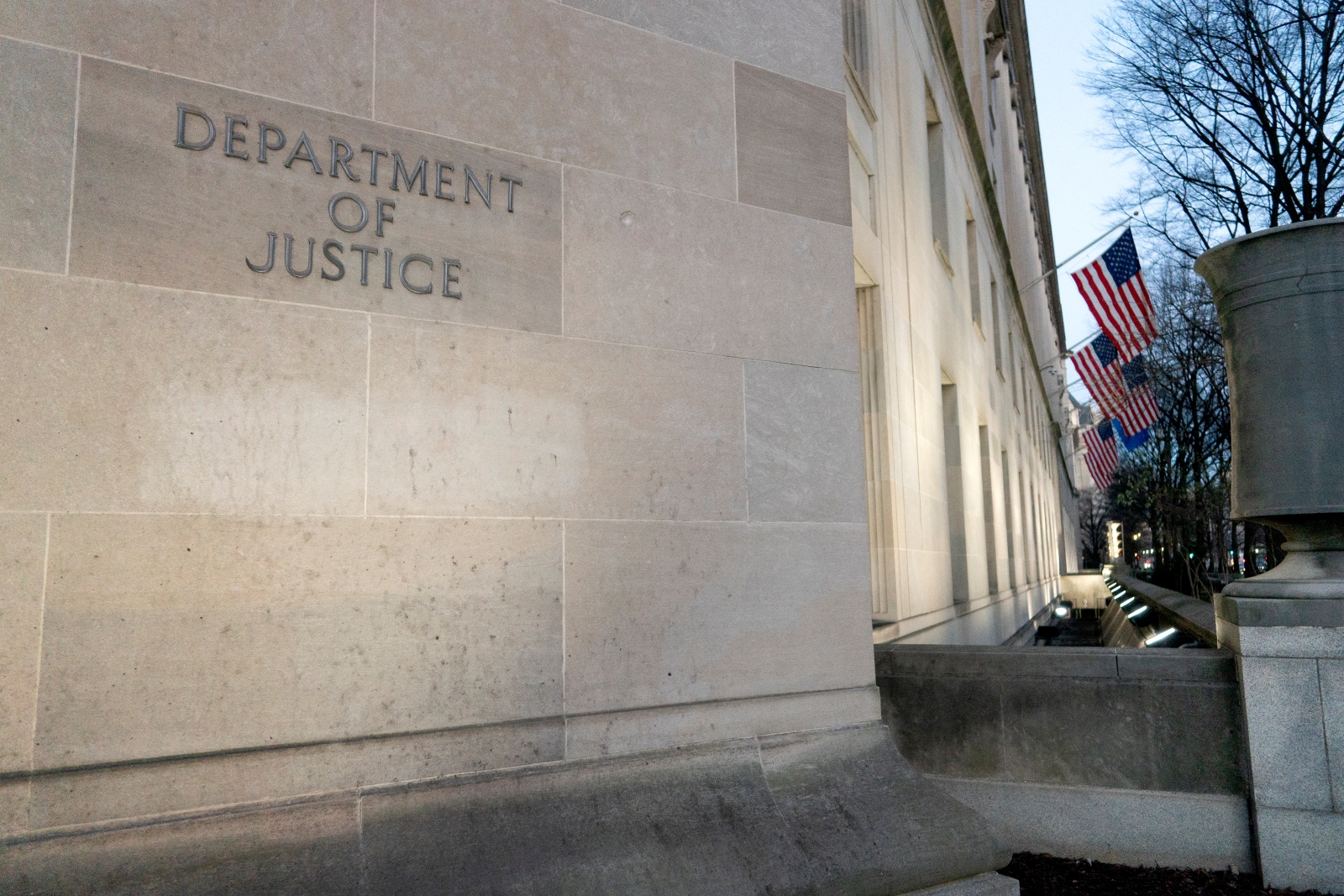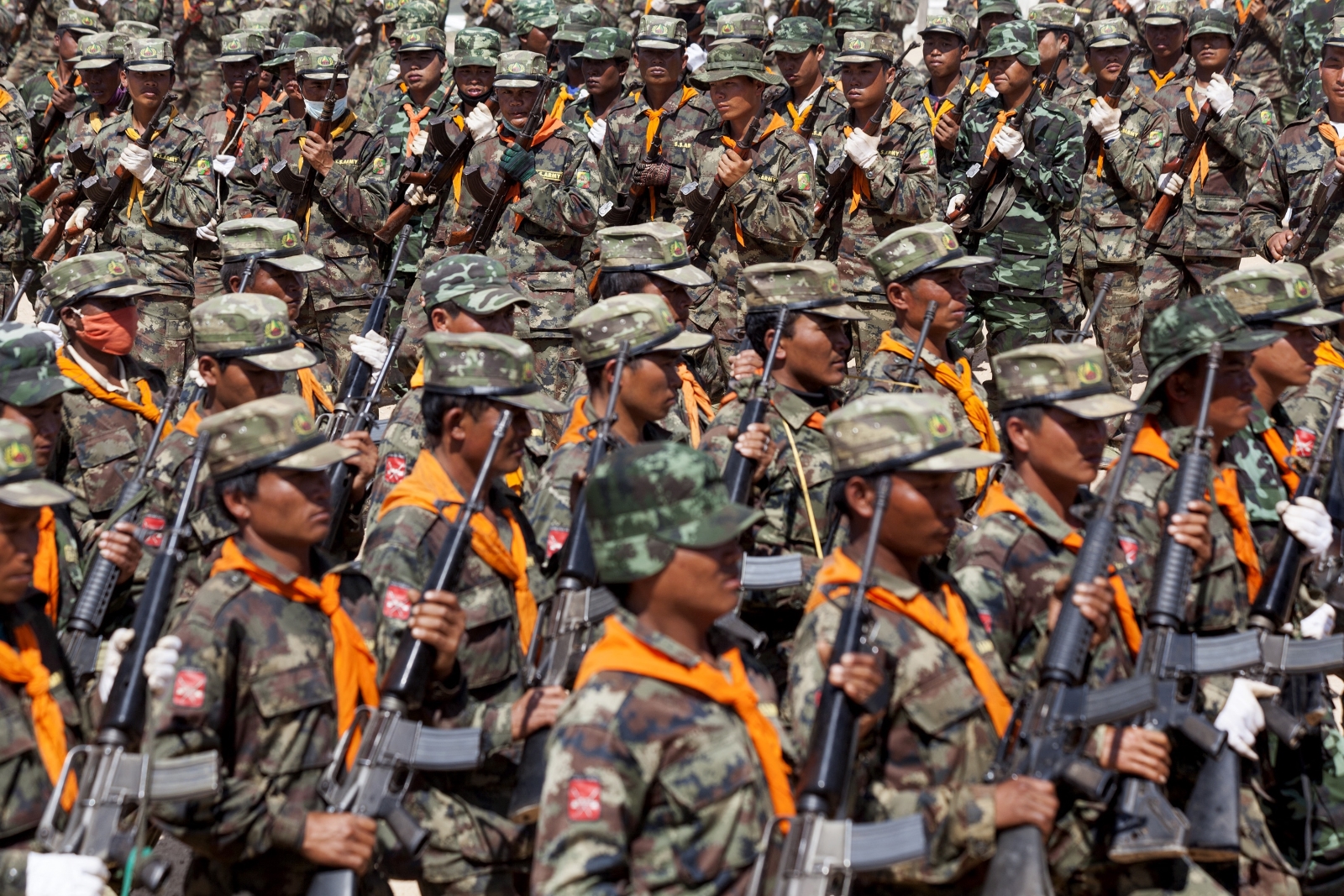By SEAN GLEESON | FRONTIER
YANGON — Civilians caught in the middle of the ongoing conflicts in Myanmar’s north have been forced to suffer through torture, disappearances, forced labour and restrictions on humanitarian access, with fears on the ground that clashes will intensify in the months ahead, according to a new report by Amnesty International.
Surveying the past 12 months of clashes in Kachin and northern Shan states, Wednesday’s report by the London-based human rights group said that civilians in the area live in a “constant state of fear and harassment”.
In Shan State in particular, Amnesty accused the military of failing to distinguish between civilians and combatants, and in some cases inflicting collective punishment on civilian populations.
“The most egregious violations tend to occur either as the Myanmar Army starts a specific operation or after it loses soldiers or territory, even briefly, to an ethnic armed group,” the report said. “Several experts on northern Myanmar said the Army’s embarrassment is the greatest predictor of crimes against civilians.”
Support more independent journalism like this. Sign up to be a Frontier member.
According to Amnesty’s research, the military was responsible for at least 25 extrajudicial executions in the past year. In one case in November 2016, following an engagement with the Myanmar National Democratic Alliance Army, two residents of Nam Khye Ho village near Mong Ko said that soldiers had shot dead 18 of their civilian neighbours.
Elsewhere, the report documents the military’s use of civilian forced labour to porter equipment around conflict areas; the “indiscriminate” shelling of civilian areas, including camps for those already displaced by the conflict; and the ongoing denial of humanitarian access to displaced civilians living outside areas controlled by the government.
“For decades, the Myanmar Army has acted with near total impunity, said Amnesty’s Matthew Wells in a Wednesday press release. “This must change urgently, with those responsible for atrocities brought to book.”
Ethnic armed groups operating in both theatres have also been accused of egregious rights violations, according to civilian testimony in the report.
Both the Shan State Army-South, the armed wing of the Restoration Council of Shan State, and the Ta’ang National Liberation Army have been accused of abductions and the possible killing of civilians, following months of clashes between the two groups last year.
The RCSS is one of eight signatories to the government’s 2015 Nationwide Ceasefire Agreement, while the TNLA is one of three groups operating in northern Shan State that has been excluded from the peace process.
Along with the SSA-S, TNLA and MNDAA, the Kachin Independence Army and pro-government militias were accused of recruiting child soldiers. The KIA denied the claim in an interview with Amnesty’s researchers.
Several humanitarian officials told Amnesty that armed groups in northern Shan State had heightened increased both forced and child recruitment since the beginning of 2017.
June 9 marked the sixth anniversary of the resumption of hostilities between the KIA and the military. More than 120,000 people have been displaced by the conflict in that time.







